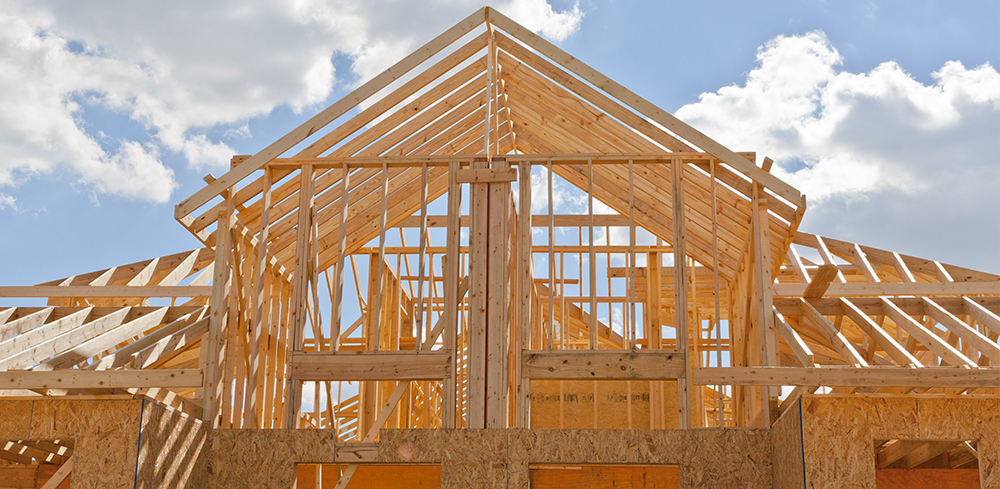Economic Development
Strategies for a Strong and Resilient Massachusetts
With a new gubernatorial administration comes new opportunities to shape the future of Massachusetts. As we look ahead to 2023, there is little doubt that it will be a difficult year for businesses. The incoming Healey-Driscoll administration must be a partner with the business community to ensure that safeguards are in place so the commonwealth can weather the economic storm. Only together can we work to secure the livelihoods and futures of Massachusetts’ residents and businesses.
Read MoreRent Control Is Not the Answer to Our Housing Crisis
Rent Control Is Not the Answer to Our Housing Crisis Decades of Research Shows Its Harm By Tamara Small | This column originally appeared in Banker & Tradesman on September 11, 2022 In July, yet another report was issued highlighting the housing crisis in Massachusetts. The Housing Underproduction Report examined markets throughout the country and…
Read MoreTransfer Taxes Tempt, But Would Only Worsen Housing Crisis: City Budget Threatened if New Investment Discouraged
By Tamara Small | This post originally appeared in Banker & Tradesman on April 3, 2022 The shortage of affordable and workforce housing is currently one of the greatest threats to the Massachusetts economy. With rents and home prices continuing to increase, we see more and more of the workforce priced out of the market…
Read MoreInvesting in Water Infrastructure Has to Be at the Top of the List
When communities invest in water infrastructure, they protect their residents, set up their local businesses for success and create future opportunities for economic investment – as demonstrated by MassBio’s BioReady evaluation. Such investments in Burlington led to 300 new apartment units in one mixed-use development; similar upgrades in Revere resulted in over 200 new units of housing.
Read MoreOpinion: The Future of Work Report Misses the Mark
But there is a big miss in McKinsey’s report. It’s no secret that office space was hard hit by the pandemic — walking in downtown Boston for the past year has been more akin to walking in a ghost town. But McKinsey’s topline conclusion that the demand for office real estate may fall as workers spend more time in residential areas due to hybrid work, uses employer and employee data from before vaccines were available to everyone, and conflates a hybrid work-schedule with the need for less physical space.
Read MoreOptimism and Recovery Expected for CRE in Second Half of 2021
While certain sectors are leading the way and others are still catching up, the overall projections for the market are optimistic. Just like in 2008, the Greater Boston market’s access to talent, driven by the many top-tier colleges and universities, is our greatest competitive advantage.
Read MoreCOVID-19 UPDATE: Governor Baker Announces Timeline for Continued Reopening; Mayor Janey Releases Slightly Altered Timeline for Boston
On April 27, the Baker-Polito Administration announced that Massachusetts will reopen some outdoor Phase 4, Step 2 industries effective May 10th and put plans in place for further reopening on May 29th and August 1st. The Administration continues to take steps to reopen the Commonwealth’s economy with public health metrics continuing to trend in a positive direction.
Read MoreThe Rubber Meets the Road with Realities of Resilient Reentry
Last year was a pivotal time for commercial real estate across Massachusetts, and while 2021 is showing promise, there is a long way to go before we get back to pre-pandemic market stability and growth. In addition to the vaccine rollout there are a few critical components to the successful and resilient reopening of the economy.
Read MoreKennealy Cheers “Easier Path” to More Housing & Production
On March 3, NAIOP hosted a briefing on Housing Choice with EOHED Secretary Kennealy and Chris Kluchman. You can find accompanying coverage and links to resources on this event here.
Read MoreIndustry Groups Worry Massachusetts Climate Bill Could Derail Development
NAIOP Massachusetts, which represents major commercial and residential developers, says the goals of the bill, which would slash emissions by 50% of 1990 levels by end of this decade, are laudable. The NextGen Roadmap bill even won praise from one of state’s largest business groups, Associated Industries of Massachusetts, as well as from environmental organizations.
Read More









